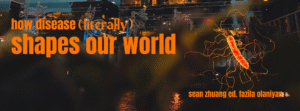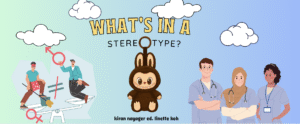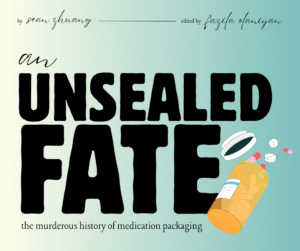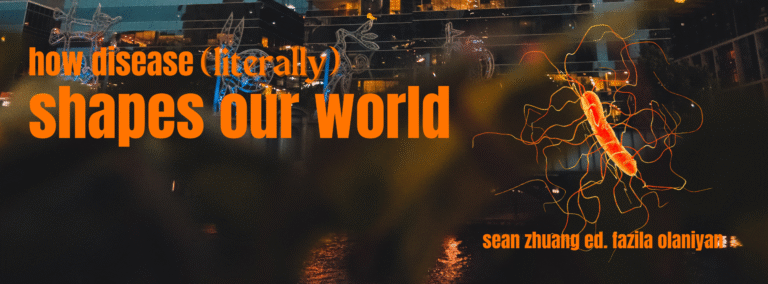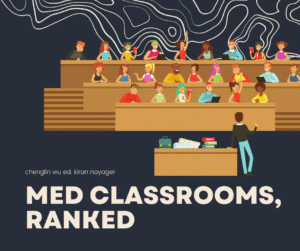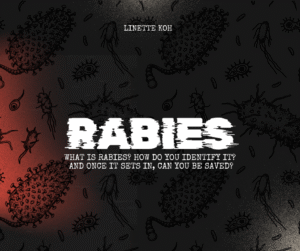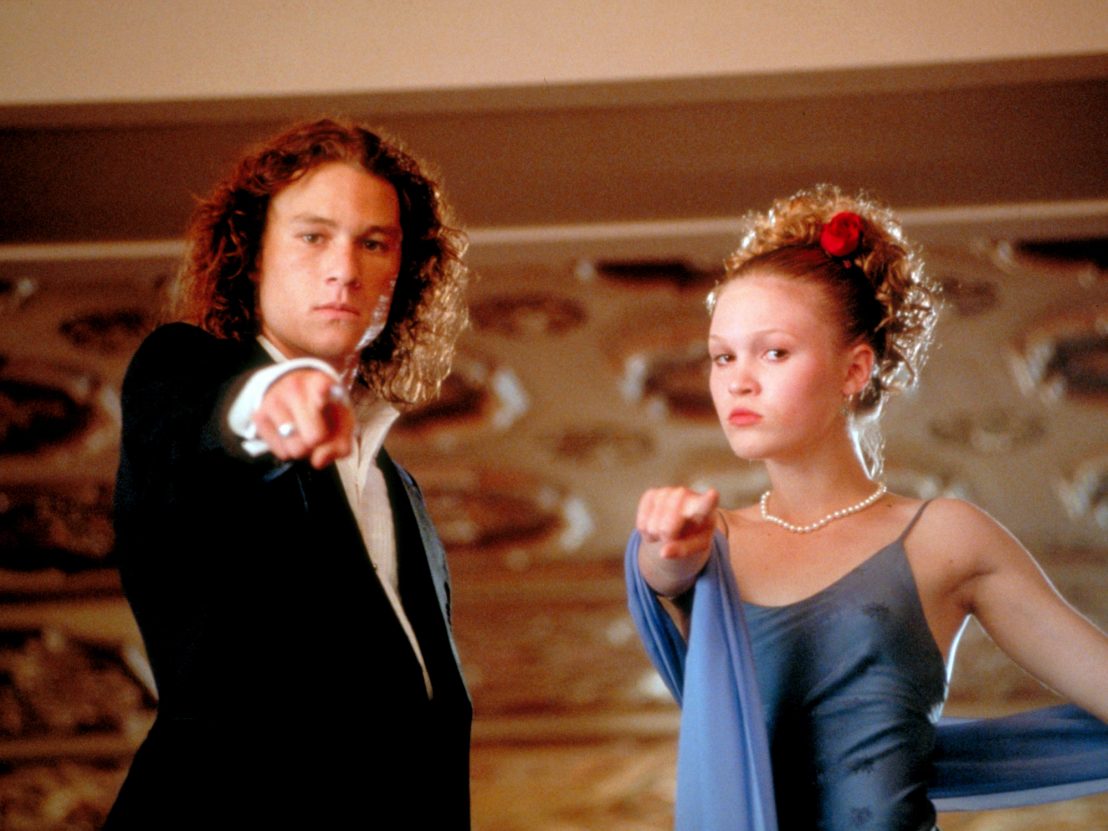
Written by Grace Smith, Edited by Saleha Sehgol
Your guide to navigate online learning, the return to in-person classes, and the first term of 2022 (with a little help from a 90’s rom-com classic)
Often our heads are a mess of everything we must keep track of as medical students. It is both a blessing and challenge of our profession. How can we make sense of it all?
Lists can help. Humour is just as good a tool as any. And if you don’t laugh you’ll cry. Here is a list of 10 things to survive the first term of uni, to kick it off on a high note, paying homage to the famous 90’s chick-flick rom-com 10 Things I Hate About You (and for those who haven’t seen it, it’s a great way to get in your feels or switch off during a study break). As a tribute to our new hybrid era of online and face-to-face learning, I present to you…
10 Things I Hate About Zoom.
I hate the way you talk to me…
My favourite thing about a medical degree and career? The relationships you make. The best advice I can give? Talk to people! Each year of UNSW medicine is so diverse. There are people from different schools, states and countries, and in almost all conversations I feel I meet someone new and learn something interesting. Whether it’s Phase 1 students meeting their cohort for the first time, or older students who are returning to face to face learning after a rocky two years, talking to people is so important.
During Zoom classes, TALKING is also important! No one likes to sit in a silent class. It is not engaging, you don’t get much out of it, and overall it’s a wasted opportunity. Online learning is what you make it. If you’re involved in discussions and ask questions, it’s a more rewarding experience for you and for all involved. We don’t have participation marks to hold us accountable, so it’s really up to us.
And the way you cut your hair…
Appearances don’t matter now. Leave any superficial concerns at the door of Wallace Wurth. Leave your preconceived judgement about people at that door too. University is not a competitive atmosphere. We aren’t here to be ranked against each other or to compare ourselves to others. We are here to support each other and celebrate each others’ achievements.
I hate the way you drive my car…
Each to their own in terms of travelling to and from uni. Driving is convenient, but parking is very difficult and there are often only parks about 10-15 minutes walk away. Public transport is actually a very attractive option.
UNSW has some great public transport options. For some, the commute can be a fair distance and can take a fair bit of time. However, this time can be used effectively to study or unwind.
Commute-friendly activities include Anki cards, proofreading assignments, references, search strategies – things that aren’t difficult but can dangerously build up very quickly. At the same time, I also like to use my commute to unwind and destress. An hour-long episode of a podcast, a guided meditation, an audiobook (or a paper version if you don’t get travel sickness). Again, it’s only wasted time if you waste it.
I hate it when you stare.
Almost all lecturers would say this. Their own list of 10 things I Hate about UNSW Med Students would consistently feature a lack of interaction. Don’t stare blankly – ask questions. Chances are that someone is thinking the same thing, or haven’t even started to consider that in the first place.
For Phase 1, speak up in discussions in SG and in-person practicals. Don’t drop the slack over Zoom though. Even with cameras and mics off, don’t be one that ‘stares’ and doesn’t interact.
Phase 2 and 3, take the initiative in hospitals and on placement to organise extra sessions with tutors. Don’t skip classes.
With the return to face-to-face classes, there will be a greater focus on ‘self-directed learning’. It does feel as if the days of making excuses for the rare circumstances we are studying in are over. No more excuses. And if we are taking control of our learning, we need to be comfortable enough to ask and answer questions.
I hate your big dumb combat boots…
I remember being insanely preoccupied with what I should wear to uni. I felt I had to look a certain way, fit a certain stereotype, and was so occupied by what others would see when they looked at me.
Looking back in retrospect, I can see how ridiculous this was. When spending long days on campus, we should be as comfortable as possible and ready to learn. Hospital appropriate outfits were also very ambiguously explained. Think of something that you’d happily wear to meet a new friend’s family. Have a few on rotation, and make sure that comfort is the priority. After all, with full days in hospital, no one is going to be too concerned with what you look like by the end of the day.
And the way you read my mind…
Two brains are better than one! Work with others. That is some of the best advice passed down year to year. We are so lucky to be surrounded with like-minded, conscientious and bright students who are willing to help each other! Form study groups, group chats, shared documents. Test each other, share notes, offer advice about assignments.
I know it can be difficult to shake the competitive mindset. Even years into a uni degree, the instinct to compete threatens to cloud judgement. Don’t neglect this urge altogether, but instead use this competitive drive to challenge yourself! However, don’t lose sight of the fact that we are all actually on an even playing field! We have nothing to lose and everything to gain by helping each other and learning from each other.
I hate you so much that it makes me sick (It even makes me rhyme).
We will deal with many confronting scenarios in our degree. There are moments that can be shocking and upsetting. While this will likely be a common reality in our careers, it is important that we learn how to deal with confronting situations now.
Lean on friends, tutors, clinical schools convenors, lecturers, even your family. Sadness and loss are harsh realities we will inevitably encounter during our career. We need to build our support networks now in order to maintain them during our careers. The best resources we have are each other.
However, for certain confronting issues, some more qualified help and support may be necessary, and is completely justified. UNSW wellbeing, Medfac student wellbeing officers, MedSoc Wellbeing officers and the Wellbeing committee are all extra levels of support that can provide the stepping stones to advise on further support if necessary. After all, we cannot help others and make others healthy if we are not mentally healthy ourselves.
I hate the way you’re always right…
Imposter syndrome. We have all been there. I still don’t feel that it has totally gone away. It’s intimidating to be surrounded by so many bright, intelligent, kind people who have achieved so many great things. Imposter syndrome is a difficult mindset to shake; that nagging feeling trying to convince us that we don’t deserve to be here.
However, we wouldn’t be here if we didn’t deserve to be. And while some may seem dauntingly ‘put-together’, we all have something to bring to the table. There is a reason we made it here, and there’s a reason we wanted to be here. Hold on to that reason when sometimes it feels like you are surrounded by the best of the best. Because even though most of the time we are, we are so lucky to be in such an environment.
I hate it when you lie…
There’s no room to fabricate facts or make something up for an assignment anymore. Some of the COVID assignments gave some more flexibility for interpretation and reflection. However, any hard facts and clinical trials need to be analysed appropriately. The hard truth is that there’s no hiding if you don’t fully understand the concept of the assignment you are writing.
These markers are experts in their fields. There’s no real possibility of pulling the wool over anyone’s eyes so to speak. All that can be done is to get on top of it early. Start straight away. Plan out the graduate capabilities that you want to address in the holidays if you can. That way you can get started before the term even does!
Phase 1, try to have an even spread of graduate capabilities. Try to work through them all and complete them earlier rather than later. If you leave one until the last minute and happen to receive a poor mark, it’s difficult to redo it and improve before portfolios are due.
In saying that, if there’s an assignment that really interests you then do it anyway! There are plenty of opportunities to fulfil all of the capabilities, and an assignment that you find interesting is so much more tolerable to complete than one you picked for convenience alone.
I hate it when you make me laugh…
We are so lucky to have a diverse and unique cohort. However, with such a big cohort, you need to get involved in order to meet them! There are social events, Medsoc events and other opportunities to connect with your year, Phase and the entire cohort. See Josh Lowinger’s calendar. The Medsoc calendar has something to cater for everyone. Events like these are the best way to meet people abd set yourself up with some great connections for life.
Even worse when you make me cry.
Medicine is a high stress, intense degree. It’s full-on. It’s a massive juggling act. It can feel overwhelming.
There are people to reach out to. Places to call. Strategies that have helped others to find a balance include finding a creative or physical outlet, building a good support network, and practising being kind to oneself. There is no shame in admitting when some extra help is necessary.
I hate the way you’re not around…
For those who aren’t new to uni, we know that online learning can be isolating. It can be confusing, difficult to concentrate and lacking motivation. It can feel as if there’s “no one around”. No peers in class together, pitch black screens with no cameras or microphones on, no physical lecturer or tutor at standby to clarify concepts.
Have no doubt, for everyone is in the same boat. Peers, lecturers and tutors alike! Don’t be afraid to reach out: email lecturers, use the chat, message friends! Make your online experience as interactive as possible. Chances are that any questions or issue you have, someone out there will know the answer to your question or will be wondering the same thing. Use discussion forums and year group chats. They are there for a reason! There are support services for online classes and courses, it’s about adjusting your way of learning to use them effectively.
And the fact that you didn’t call…
It can be tempting, I know, but don’t skip your online classes. Don’t leave lectures until the last minute. Don’t tell yourself you’ll watch it later. I can tell you right now that you won’t. Structure is so important to staying motivated and accountable in online learning.
Some find it helpful to watch lectures the day behind. This means you can pause, speed up, slow down and rewind as you please, while still sticking to the general allotted time slot. Some meet up with friends on campus and complete online pracs and tutorials together. This collaborative atmosphere can make it feel as if you are in an interactive class, and keep you engaged. Some create collaborative docs of content, which means you are held accountable for completing your section of content to a high standard. This also relieves pressure on remaining focussed and attentive constantly, which isn’t realistic in an online environment.
The convenience of online learning can be a blessing or a curse. However tempting, don’t let it be the latter.
But mostly I hate the way I don’t hate you…
There are obvious drawbacks to online learning. However, there are also many positives of online learning.
Focus on the good: It’s convenient, there’s so much time saved, you can rewatch and revise recorded classes very easily. Even the ability to use a monitor or conduct group work presentations online can actually be an advantage of online learning over face-to face class.
Your learning is what you make it, and your attitude to online classes makes all the difference. A poor attitude, and the conception that online classes aren’t beneficial or necessary, will result in you wasting your time.
Not even close, not even a little bit, not even at all…
Obviously we don’t hate our degree, or we wouldn’t have worked so hard to be here or to stay here. We are privileged to be here. Our cohort, lecturers, MedSoc and all affiliated UNSW staff are here to support you.
Hopefully this list gives everyone some indication of how to survive the return to uni, make the most of online and in-person classes, stay organised and sane, and also make some great friends and memories.

